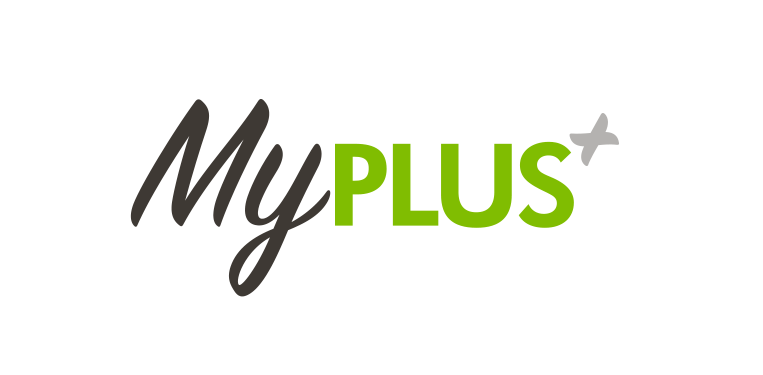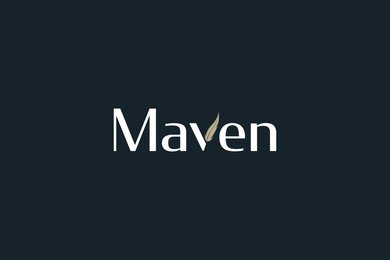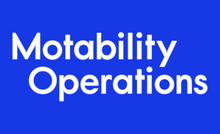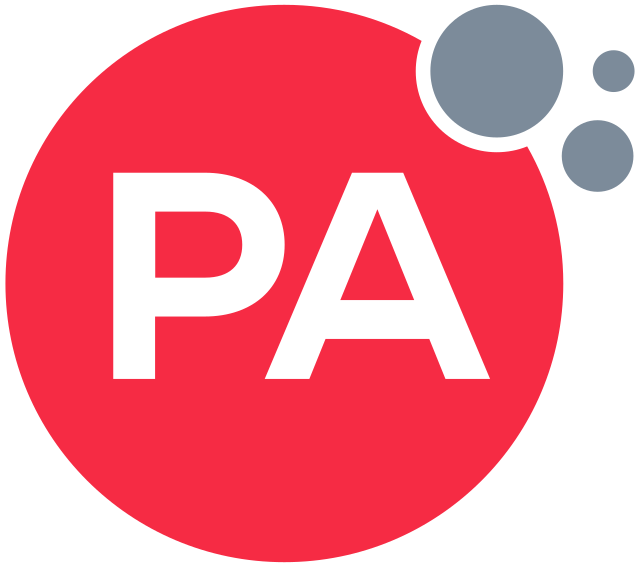Graduate Recruiter’s Breakfast Seminar 17 (BS’17)
Hosted by Slaughter and May
Despite employers being keen to implement adjustments that enable their employees to perform to the best of their abilities, what this means in practice is often unclear. In order for an employer to effectively support disabled individuals in the workplace, they need a good understanding of the types of adjustments they should and could provide, how to source them, and how they actually work in practice. With this in mind, members of the Graduate Recruiter’s Disability Club (GRDCC) came together with a number of disabled individuals at various stages of their careers to hear about their first hand experiences of how they manage their disability in the workplace on a day to day basis.
Delegates heard valuable insights from a diverse group of individuals, whose disabilities included visual impairment, mobility issues, mental health conditions and invisible illnesses. They spoke about the adjustments they had benefited from in the workplace and how these had come about.
The importance of disabled individuals and employers engaging in open discussion emerged as a common theme regards facilitating the implementation of what is needed in the workplace. Vidar Hjardeng, Consultant and former Journalist at ITV, spoke of how vital the open relationship built up with his former employer was to the success of his career with ITV, which spanned over 30 years.
Not all disabled individuals however are born with their disability, in fact the majority of those with a disability acquire it later in life rather than being born with their condition. Employers therefore need to be able to support their employees as they face new challenges. Describing her personal experience of the effects of having a stroke Elaine Miller, a former Procurement Director for Mars, spoke very openly about the negative impact her disability had on her confidence including how hard it had made her return to the fast-paced environment she had once thrived in. Elaine outlined the need for employers, in addition to offering ‘hard’ adjustments such as the provision of equipment, to also provide ‘soft’ adjustments – adaptions to the work culture. For example, ensuring an employee with a speech impairment is given enough time to contribute to meetings, or enabling an individual to work from home.
Another theme to emerge was the need for employers to be confident to have conversations about mental health. Employers having the confidence to talk openly about mental health was regarded as an essential step in reducing the stigma still surrounding mental ill health which often acts as a barrier to individuals accessing support. Another important factor was the need for employers to have the knowledge to spot the signs of mental ill health and offer support at an early stage.
Throughout the morning delegates made the most of the opportunity to ask the speakers questions. Some of the topics they enquired about included how to ensure adjustments are made discreetly and what services and resources employers can draw upon in order to provide support.
To bring the session to a close Helen Cooke, Director of My Plus Consulting, led a feedback session in which delegates shared what had stood out for them during the conversations they had engaged in. Comments included: that it was ok for employers not to know how to provide support for every condition they encounter – the key is to have the confidence to engage in open discussion and to explore the different support options available with the individual; and that there are far more adjustments that can be provided than we initially think, many of which are very easy to implement.













































